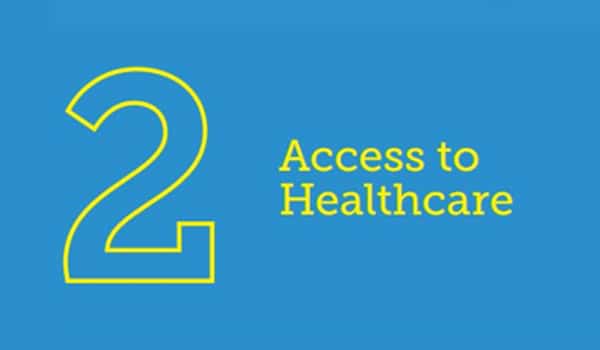
The measures many States have put in place in Africa to respond to Covid-19 are often discriminatory in the ways they are developed, formulated, implemented, and measured. The majority of government response plans that are currently been rolled out have little to no inclusion of a gender lens. Yet evidence is mounting that the economic impacts of Covid-19 are hitting women harder. 74% of women in Africa are engaged in the informal economy, working as street vendors and domestic workers. The informal sector provides livelihood and employment to a majority of the urban poor. Women are also over-represented in the service, tourism and hospitality industry, a sector characterised by low pay and limited job security. Women also comprise much of the subsistence farming sector. The informal cross-border trade is also predominantly carried out by women.
These areas have all been strongly impacted by responses such as border and business closures, and travel restrictions. The impacts which are already been felt by most households are likely to be deeper and longer-lasting among the poor, especially the urban poor, who are more vulnerable. They will have long term consequences for women’s economic and social empowerment and could contribute to an increase in women’s vulnerability.
An online information sheet by the African Union Commission on Women, Gender & Development and the East African Office of the UN High Commissioner for Human Rights provides guidance on seven possible actions that could be taken to reduce the risk of women and girls being left behind as a result of the Covid-19 pandemic, minimise the impact of measures on women, recognise the critical role of women in response and prevention efforts, and ensure a gender analysis informs government actions and responses. It also outlines States’ human rights obligations in addressing the impact of Covid-19 nationally. The seven action areas are: economic measures, access to healthcare, gender-based violence, access to food, water and sanitation, participation in decision-making, humanitarian settings, and collection of data and information on the impact on women. Each area lists actions and States’ obligations. SOURCE: OHCHR Women: Seven Actions, Women’s Rights and Covid-19



